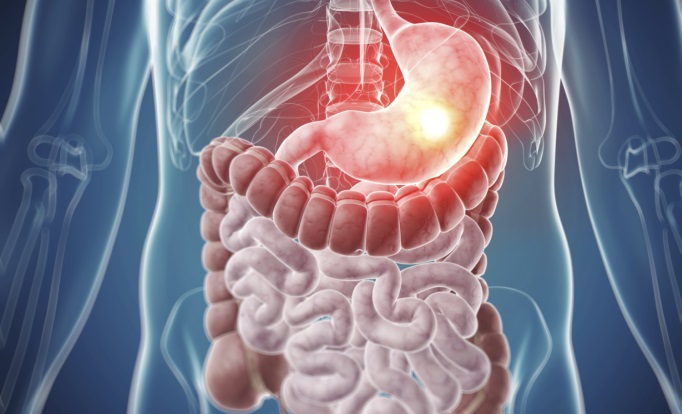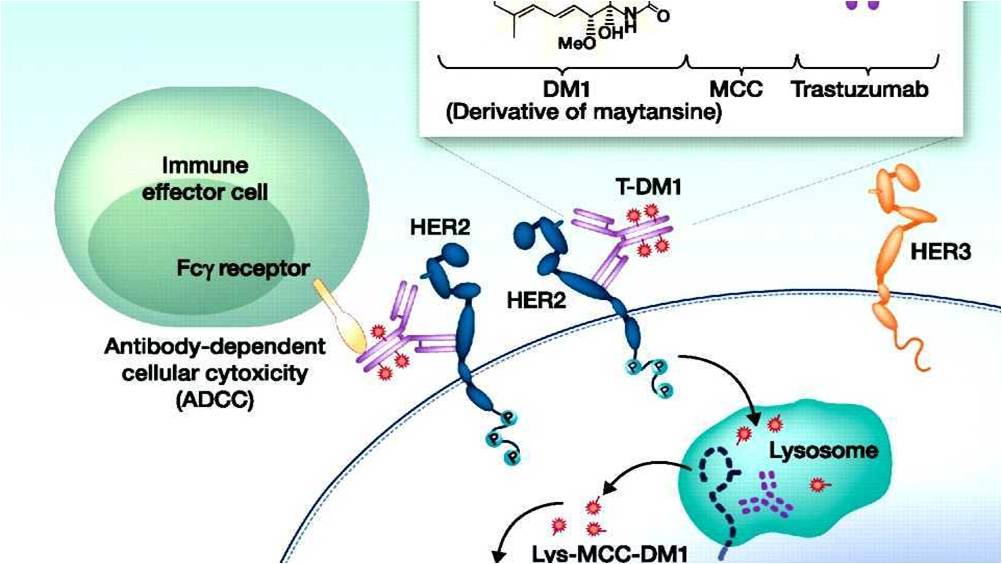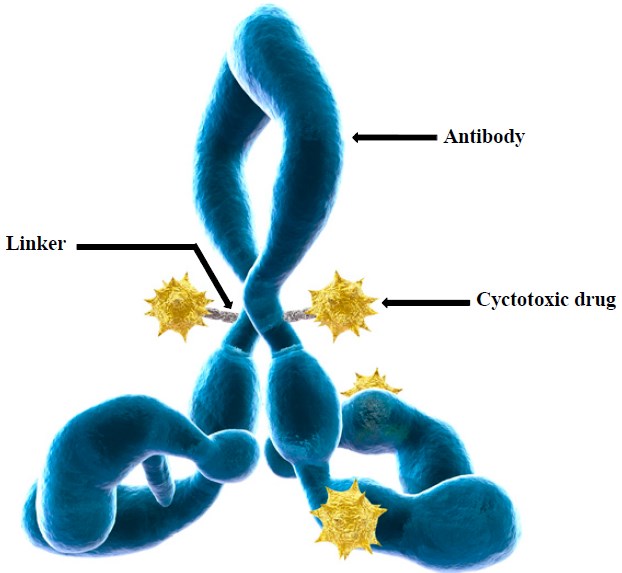- Home
- Applications
- Gastrointestinal Cancer
ADC Development Services for Gastrointestinal Cancer Research
Gastrointestinal (GI) cancer is one of the most common cancers. The effects of traditional treatment approaches for this kind of cancer remain dismal for decades, only patients diagnosed at an early stage had favorable outcomes. Novel strategies to fight Gastrointestinal cancer are badly needed, such as the targeted immunotherapy. Currently, antibody-drug conjugates (ADCs) representing potential and effective immunotherapy agents are developed actively, and several ADCs have been investigated in the clinical research. Empowered by our advanced platforms and experienced technical personnel, Creative Biolabs is fully competent to serve as your one-stop-shop for ADC development against gastrointestinal cancer.
Introduction of Gastrointestinal Cancer
GI cancer is a group of cancers that affect the digestive system, commonly including esophageal cancer, stomach cancer, pancreatic cancer, liver cancer, gallbladder cancer, colorectal cancer, anal cancer, gastrointestinal carcinoid tumor and gastrointestinal stromal tumor (GIST). So far, the specific cause of GI cancer is unknown. However, a variety of risk factors are reported to be associated with the cancer, including smoking, age, too much alcohol consumption, high animal fat diet, obesity, high amount of salt intake and chronic pancreatitis. The symptoms of GI cancer include abdominal pain and discomfort, bleeding in rectal, loss of appetite, bloating, nausea and vomiting, rapid weight loss and fatigue. According to different stages of cancer and different factors of health, the treatments of this cancer are distinct. To date, radiation therapy, chemotherapy and the surgery are most commonly used in the treatment of GI.
 Fig.1 Gastrointestinal cancer.
Fig.1 Gastrointestinal cancer.
Current Therapeutic Strategies for Gastrointestinal Cancer
Currently, conventional treatments for the GI cancer include radiation therapy, chemotherapy and surgery. Traditional therapies remain the main treatments for advanced GI cancer, resulting in superior survival outcomes and symptom control and consequently improved quality of life. However, the prognosis of patients with advanced or metastatic disease was still poor, only patients found at an early stage had relative positive outcomes. Therefore, it is urgent to explore novel therapeutic agents to treat this cancer disease.
Immunotherapy or targeted therapies are presenting their unique advantages during the GI cancer treatment. In previous studies, it has shown that HER2 overexpression in many patients with gastro-oesophageal adenocarcinomas. Monoclonal antibodies targeting HER-2 such as the Trastuzumab and Pertuzumab are used in the cancer treatment. Besides, monoclonal antibodies targeting EGFR (e.g. include Cetuximab, Panitumumab and Nimotuzumab) are under investigated. VEGF/VEGFR inhibitors such as the Bevacizumab and Ramucirumab also show great potential in GI cancer therapy. Some immunotherapy/immunocheckpoint blockades targeting CTLA-4 and PD-1 also are investigated actively.
ADCs for Gastrointestinal Cancer
ADCs are another type of targeted therapy strategy under studied widely. Trastuzumab emtansine, or T-DM1, is an ADC composed of the microtubule polymerization inhibitor-emtansine, linked to trastuzumab via a noncleavable linker. This ADC has been investigated in Phase II/III clinic trial. DS-8201a is another HER2-targeted ADC, which conjugates a humanized anti-HER2 antibody with a topoisomerase I inhibitor, deruxtecan, by a cleavable peptide-linker. DS-8201a has shown good efficacy in treating heterogeneous HER2 overexpressing gastric cancer. XMT-1522 is an ADC consisting of a novel human anti-HER2 antibody and an auristatin (microtubule polymerization inhibitor)-derivative payload, Auristatin F-Hydroxypropylamide, which exhibited potent anti-tumour efficacy in highly HER2-expressing gastric cancer models in pre-clinical trials. Other ADCs in the GI cancer therapey include MEDI-4276, SYD985, ARX-788, ADCT-502 and so on.
 Fig.2 The mechanism of Trastuzumab emtansine.
Fig.2 The mechanism of Trastuzumab emtansine.
What Can We Do for You?
At present, a variety of ADCs are being investigated in different stages of clinical trials. These ADCs are presenting significant beneficial during the GI cancer treatment. Now Creative Biolabs offers a fully integrated service for the development of ADCs with first-class conjugation strategies and technology platforms. Our ADC development service including:

- ADC Development for Gastrointestinal malignancies
- ADC Development for GIST
- ADC Development for colorectal cancer (CRC)
With more than ten years' expertise in antibody production and bio-conjugation, Creative Biolabs offers a full package of ADC preparation services targeting GI cancer. Our high-quality services will promote the development of your innovative cancer treatments. Please contact us for more information and a detailed quote.
For Research Use Only. NOT FOR CLINICAL USE.

Online Inquiry
Welcome! For price inquiries, please feel free to contact us through the form on the left side. We will get back to you as soon as possible.
